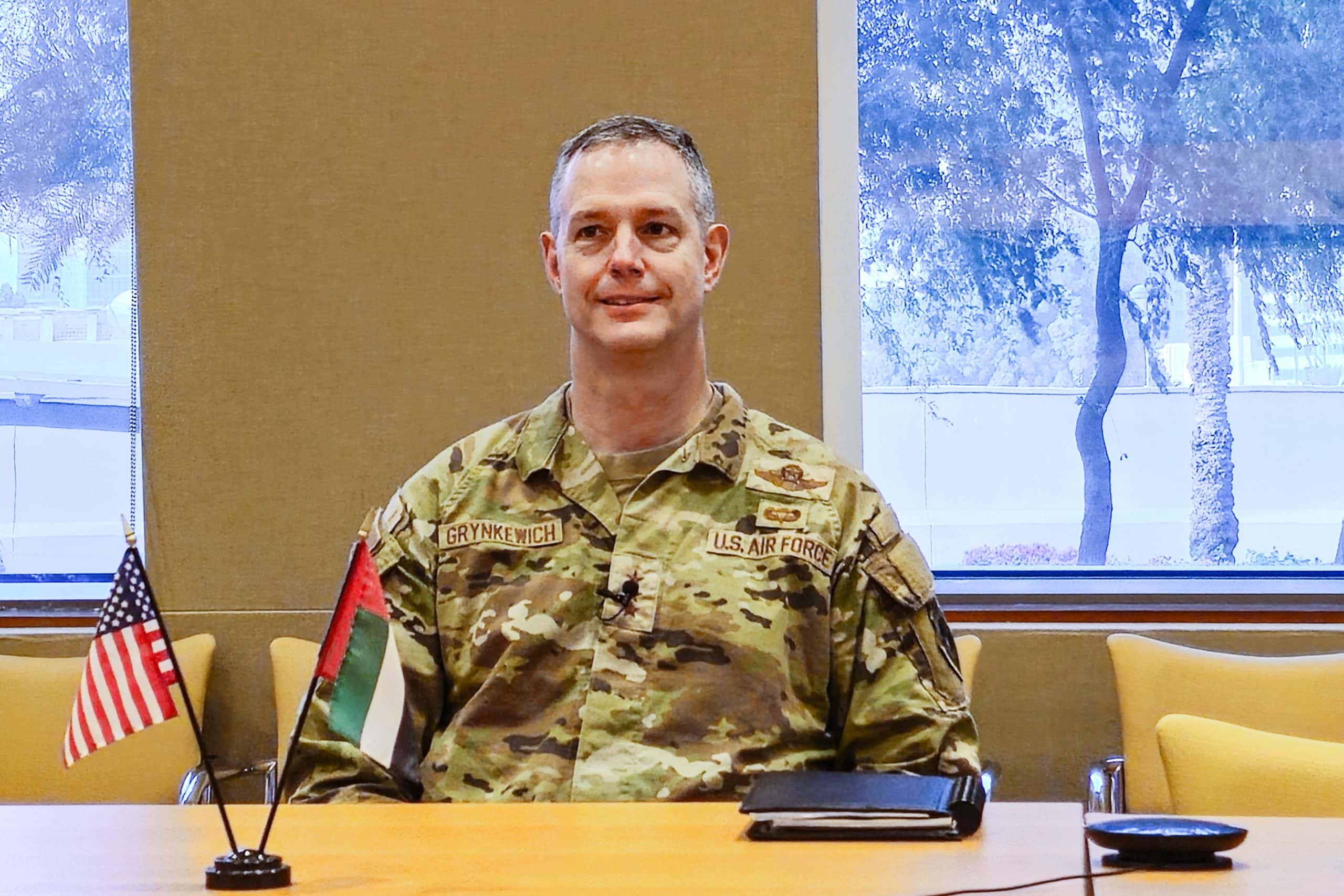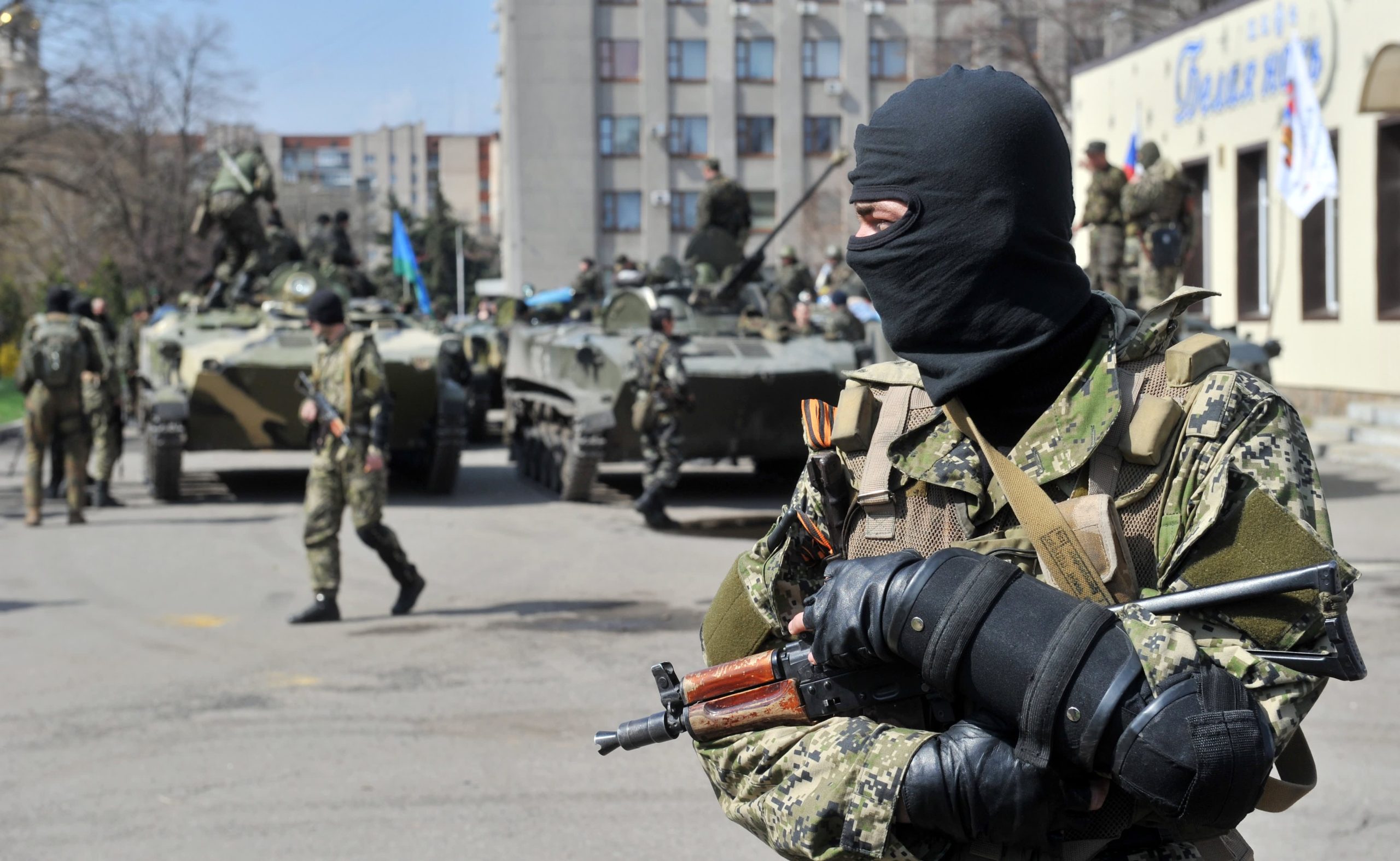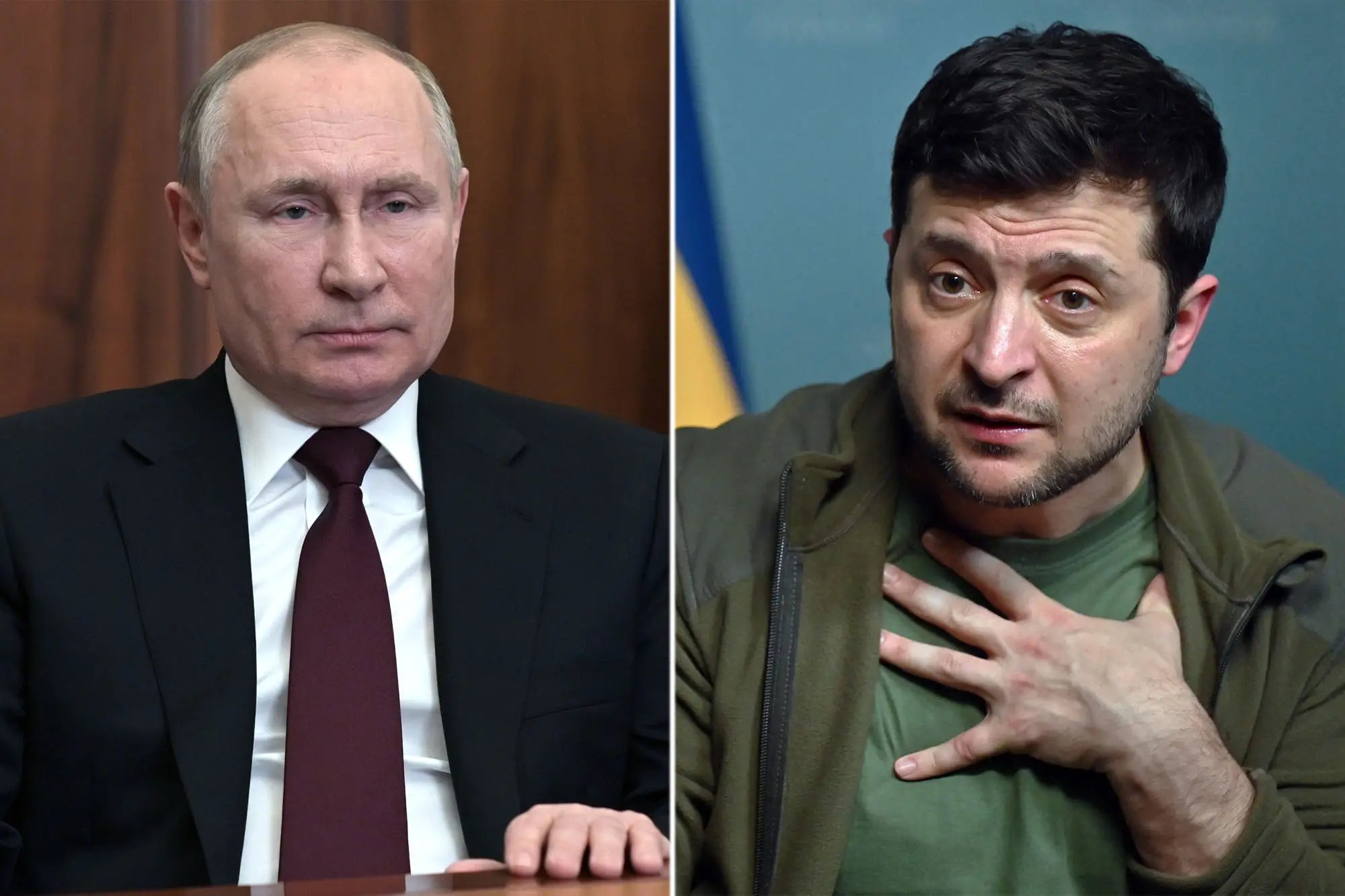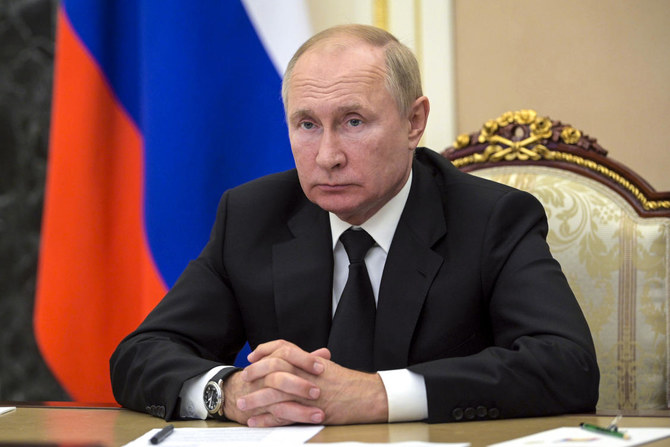Lt. Gen. Alexus Grynkewich emphasized the potential dangers arising from Russia’s “cooperation and collusion” with Iran, extending from Syrian airspace to the Persian Gulf, where Tehran has previously threatened commercial vessels.
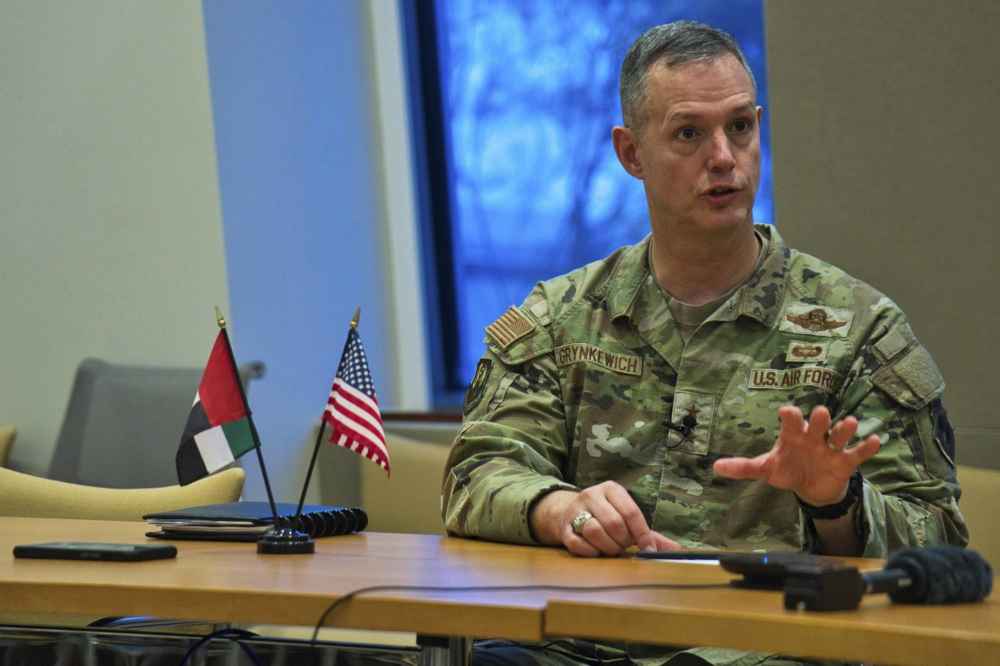
Lt. Gen. Alexus Grynkewich, the head of U.S. Air Force Central, expressed concern over Iran’s supply of bomb-equipped drones to Russia, warning of heightened risks in the wider Middle East
Lt. Gen. Alexus Grynkewich pointed out that American pilots have encountered more aggressive tactics from Russian counterparts in Syria. In response, the U.S. has deployed additional air power to safeguard shipping in the crucial Strait of Hormuz, through which a significant portion of global oil traffic flows.
Lt. Gen. Alexus Grynkewich highlighted the unexpected nature of Russia seeking military capabilities from Iran, indicating a newfound indebtedness. He expressed apprehension about the increasing level of collaboration between the two nations. Iran’s mission to the UN and the Russian Embassy in Washington did not provide comments.
The U.S. Air Force commander further stressed worries about potential upgrades to Iran’s drone technology by Russia
Lt. Gen. Alexus Grynkewich suggested that this dynamic could exert pressure on American pilots in Syria and Iraq who are still engaged in targeting remnants of the Islamic State group. Despite ongoing communication to prevent airspace conflicts, Lt. Gen. Alexus Grynkewich acknowledged that contentious exchanges persist, particularly over Syria’s long-standing conflict.
In Syria, Lt. Gen. Alexus Grynkewich noted the continued presence of the Russian mercenary group Wagner, even after their leader’s demise. He observed some tension between Wagner forces and Russian troops but suggested they have reached some form of agreement to pursue shared objectives on behalf of the Russian Federation in Syria.
Regarding the deployment of U.S. forces in the Persian Gulf amid concerns of Iranian threats to shipping, Lt. Gen. AlexusLt. Gen. Alexus Grynkewich acknowledged deliberations on potentially scaling down operations against the Islamic State group in the coming years, emphasizing the evolving nature of the mission.
